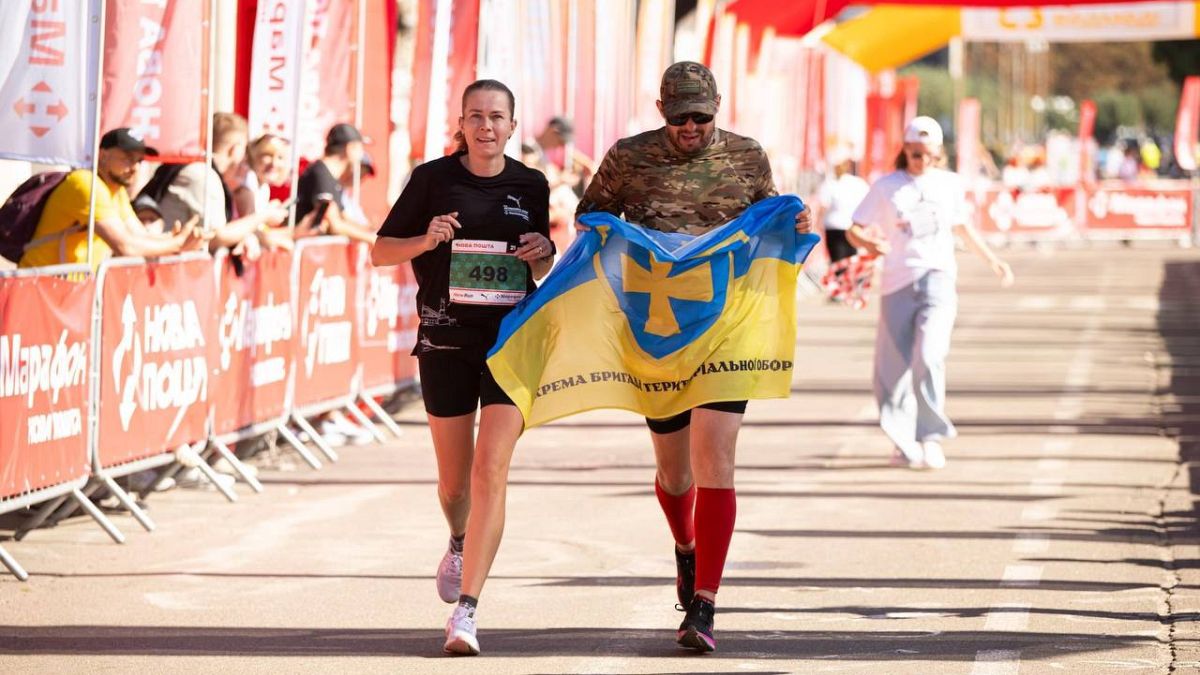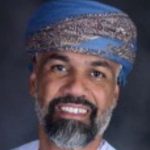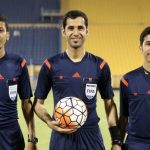Dmytro, an Ironman athlete who became a Ukrainian soldier after the full-scale invasion of Russia, was severely injured in battle, leading to a new race of recovery and PTSD. He recounts the moment he was wounded during a combat mission near Soledar, remembering the intense pain and the realization that it could be the end for him. Despite his injuries, he managed to walk two kilometers to safety before receiving treatment in Kramatorsk and eventually being flown to Kyiv for further care.
After undergoing numerous surgeries to rebuild his nose and teeth, Dmytro embarked on a journey of recovery that included taking breaks between surgeries to allow his body to heal. Despite the physical and emotional toll of his injuries, he eventually started training and running again, though the experience had changed for him. Running no longer held the same significance as before, as he now focused on the hope for an end to the war and a return to normalcy.
A significant challenge for Dmytro was the trigger sounds associated with his PTSD, particularly loud noises that reminded him of gunfire and explosions. He recounted instances where he would instinctively react to such sounds, despite no longer being on the frontline. The organisers of the Kyiv Nova Post Marathon introduced a new starting sound, developed with PTSD experts and sound designers, to accommodate participants sensitive to gunshot noises, such as Dmytro. The innovative sound significantly reduced stress levels compared to the traditional pistol signal, showcasing the importance of inclusivity for individuals with trauma.
Dmytro emphasized the importance of mental health, particularly for those who have experienced trauma from war. He highlighted the need for therapy, engaging in hobbies, and finding creative outlets as ways to manage PTSD and ensure overall well-being. Additionally, he discussed the significance of marathons, public events, and grants to support veterans in pursuing their dreams and ideas, providing a sense of hope and purpose even in the darkest times.
As Ukraine continues to face attacks from Russia, Dmytro remains actively involved in raising funds and supporting his comrades while dealing with the ongoing challenges of recovery and PTSD. He acknowledges the value of mental health in navigating the aftermath of war and stresses the importance of seeking professional help and finding healthy outlets for coping with trauma. Despite the hardships, Dmytro remains hopeful for a better future and believes that dreams can still thrive even in the midst of conflict and adversity.










